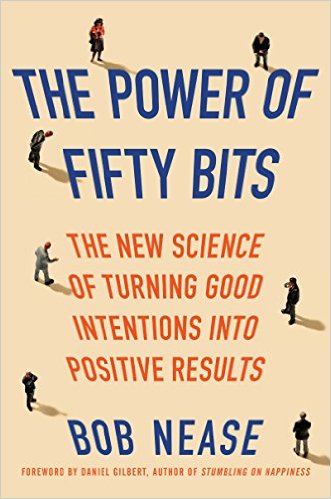 Check out Gary Stix’s February 2004 critique of the relevance of behavioral economics:
Check out Gary Stix’s February 2004 critique of the relevance of behavioral economics:
Having spent much of his career studying human behavior within social networks, [University of Chicago professor Gary] Becker, who holds appointments in sociology, economics, and the [Graduate School of Business], is convinced that psychology’s impact on economics is limited. “If there’s a tax on wages, it doesn’t matter what you or I do, but how the whole group reacts.” Division of labor, he continues, “strongly attenuates if not eliminates any effects” caused by bounded rationality. In other words, “it doesn’t matter if 90 percent of people can’t do the complex analysis required to calculate probabilities. The 10 percent of people who can will end up in the jobs where it’s required” — such as dealing blackjack, Becker’s example, or managing mutual funds.
Quite a different ready that that offered in his recent Scientific American article about the psychology of bubbles. More pointedly (and in light of the meltdown of 2008), where was the strong attenuation when we needed it?
It’s becoming increasingly clear that there is no guarantee that market forces will cause irrational decisions to evaporate: Sometimes group behavior only amplifies our individual cognitive hiccups. Here’s what Dan Ariely had to say in the wake of the recent economic meltdown and the reevaluation of whether irrationality is automatically exploited (and thus cleared) in the markets:
[T]he terrible loss of homes and jobs has been a very high price to pay for learning that we might not be as rational as Greenspan and other traditional economists had thought. What we’ve learned is that relying on standard economic theory alone as a guiding principle for building markets and institutions might, in fact, be dangerous. It has become tragically clear that the mistakes we all make are not at all random, but part and parcel of the human condition. Worse, our mistakes of judgment can aggregate in the market, sparking a scenario in which, much like an earthquake, no one has any idea what is happening.
P.S. Can 10 percent of the population *really* do the “complex analysis to calculate probabilities”? Do they really get the jobs where that matters (and if they do, are the limitations of their calculations understood)? And since when do blackjack dealers need to be able to calculate probabilities?
(Note: this entry originally appeared at consumerology.com)

